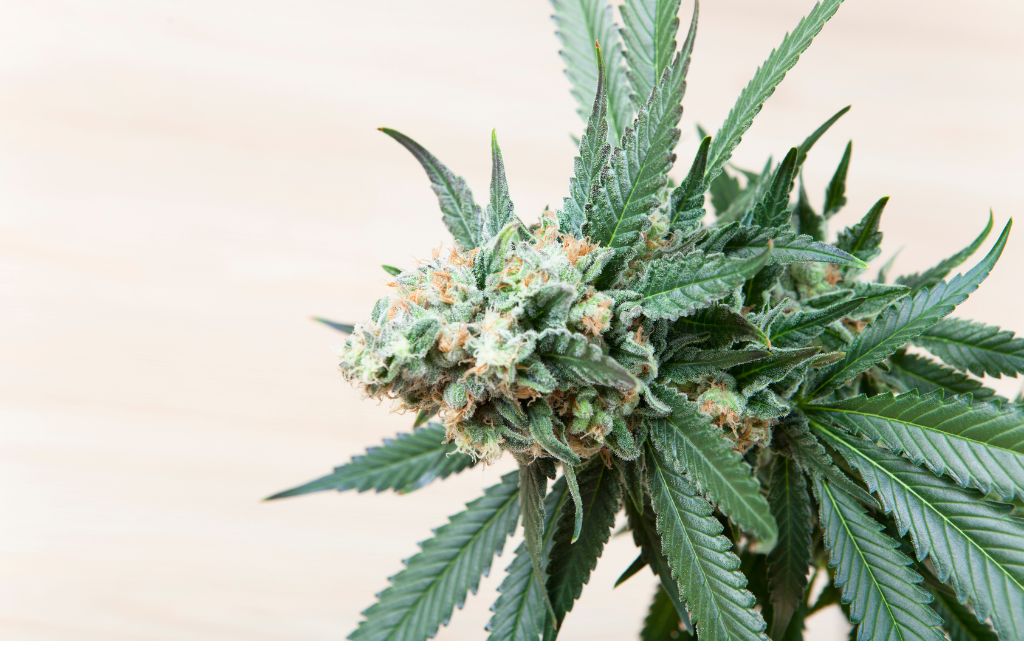THCa Flower for Alternative Healing
In recent years, the exploration of cannabis for therapeutic purposes has gained significant momentum. Among the various compounds found in cannabis, THCa (tetrahydrocannabinolic acid) has emerged as a promising candidate for alternative healing. Unlike its more famous counterpart THC, THCa is non-psychoactive, making it an attractive option for those seeking the medicinal benefits of cannabis without the high.
Understanding THCa
THCa is a naturally occurring cannabinoid found in raw and live cannabis plants. It is the precursor to THC, the compound responsible for the psychoactive effects of cannabis. When cannabis is heated through smoking, vaping, or cooking, THCa undergoes decarboxylation, converting into THC. This transformation is what gives cannabis its psychoactive properties.
In its raw form, THCa offers a range of potential health benefits without the intoxicating effects. This has led to increased interest in its use for alternative healing practices.
Potential Health Benefits of THCa
Research into the therapeutic properties of THCa is still in its early stages, but preliminary findings suggest several potential benefits:
- Anti-inflammatory Properties: THCa has shown promise in reducing inflammation, which could be beneficial for conditions such as arthritis and inflammatory bowel disease.
- Neuroprotective Effects: Studies indicate that THCa may have neuroprotective properties, potentially aiding in the treatment of neurodegenerative diseases like Alzheimer’s and Parkinson’s.
- Anti-emetic Effects: THCa may help alleviate nausea and vomiting, making it a potential option for patients undergoing chemotherapy or those with chronic gastrointestinal issues.
- Antioxidant Properties: The compound’s antioxidant effects could contribute to overall health and wellness by combating oxidative stress.
Case Studies and Research
Several case studies and research initiatives have highlighted the potential of THCa in alternative healing:
A study published in the British Journal of Pharmacology explored the anti-inflammatory effects of THCa in animal models. The results indicated a significant reduction in inflammation, suggesting potential applications for human inflammatory conditions.
Another study conducted by researchers at the University of Guelph examined the neuroprotective properties of THCa. The findings revealed that THCa could help protect brain cells from damage, offering hope for those with neurodegenerative disorders.
In a case study involving a patient with severe nausea and vomiting due to chemotherapy, THCa was administered as a supplement. The patient reported a marked reduction in symptoms, highlighting its potential as an anti-emetic agent.
Methods of Consumption
There are various ways to incorporate THCa into a wellness routine:
- Raw Cannabis Juicing: Consuming raw cannabis leaves and flowers through juicing preserves THCa in its natural form.
- Tinctures and Oils: THCa tinctures and oils offer a convenient way to consume the compound without the need for heating.
- Topicals: THCa-infused creams and balms can be applied directly to the skin for localized relief from pain and inflammation.
Legal Considerations
The legal status of THCa varies by region. In some areas, it is classified similarly to THC, while in others, it is considered a separate compound with different regulations. It is important for consumers to be aware of the legal framework in their location before purchasing or using THCa products.
Challenges and Future Directions
Despite its potential, the use of THCa in alternative healing faces several challenges:
- Lack of Comprehensive Research: More studies are needed to fully understand the therapeutic potential and safety profile of THCa.
- Regulatory Hurdles: The legal landscape surrounding cannabis and its compounds can be complex and may hinder research and accessibility.
- Standardization of Products: Ensuring consistent quality and potency in THCa products is essential for consumer trust and efficacy.
As research progresses, it is anticipated that THCa will become a more prominent player in the field of alternative medicine. Continued exploration and understanding of its properties could unlock new avenues for treatment and wellness.
Conclusion
THCa flower presents a promising option for those seeking alternative healing methods. With its non-psychoactive nature and potential health benefits, it offers a unique approach to wellness. While challenges remain, ongoing research and evolving legal frameworks may pave the way for broader acceptance and utilization of THCa in the future. As interest in cannabis-based therapies continues to grow, THCa stands out as a compound worthy of attention and further investigation.
